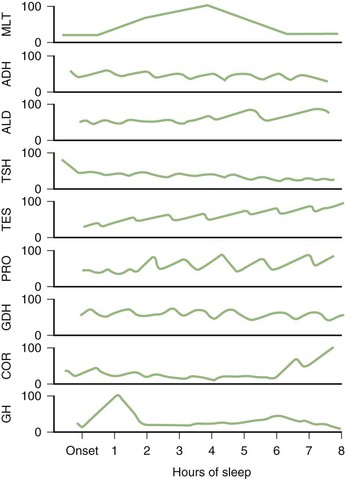
Lack of sleep adversely affects not just the mind but also the energy reserves of the body. A recent study published in JNeurosci reveals that when fruit flies suffer from sleep deprivation, they go through an energy shortfall that subsequently leads to both increased sleep and feeding, indicating a crucial connection between rest and metabolic function.
Scientists at the Herbert Wertheim UF Scripps Institute for Biomedical Innovation and Technology, led by William Ja, altered the sleep habits of Drosophila melanogaster under different conditions. They found that flies that experienced enough sleep deprivation to exhaust their energy reserves compensated by increasing their sleep and food intake afterward. Conversely, instances of sleep deprivation that did not lead to a measurable energy deficit did not trigger this compensatory response.
Energy As The Key Connection Between Sleep And Hunger
Researchers have long recognized that chronic sleep deprivation in humans can result in heightened appetite and weight gain, whereas fasting typically suppresses sleep. However, the connection between these seemingly contradictory behaviors has been difficult to pinpoint. By observing both eating behavior and metabolic output in individual flies, Ja’s team discovered a straightforward mechanism: energy depletion itself triggers the restoration of sleep.
In the study, disruptions in sleep that increased metabolic expenditure made flies eat more and subsequently recover lost sleep. When energy levels stayed consistent, significant sleep deprivation did not result in any compensatory rest.
“Our research supports the idea of utilizing less intrusive, behavioral sleep interventions to mitigate eating and metabolic disorders,” stated Ja. “Treating sleep or metabolic disorders in isolation may be challenging—we may need to address multiple behaviors, including sleep and eating patterns, for effective therapeutic solutions.”
This discovery bolsters the concept that sleep is not only revitalizing for the brain but also crucial for energy conservation. It also implies that therapeutic strategies focused on metabolism might enhance sleep quality, and the reverse may also hold true.
Wider Implications For Human Health
Although the experiments were performed on fruit flies, the underlying biology of energy balance is highly conserved among species. The findings illustrate how energy depletion may serve as a universal cue driving sleep recovery. They also suggest a possible reason why sleep and diet interventions frequently work best when applied in tandem.
The study could shed light on why inadequate sleep leads to nighttime cravings or why metabolic issues like obesity often accompany insomnia. More broadly, it proposes that the primary evolutionary role of sleep might be to restore energy homeostasis rather than merely allowing the mind to rest.
“Our findings imply that homeostatic sleep rebound is associated with the energy deficit incurred from sleep deprivation,” the authors noted. “These results collectively reinforce the idea that sleep serves to conserve energy and underscore the importance of exploring the impacts of metabolic treatments on sleep.”
This research emphasizes that sleep, diet, and metabolism constitute an interconnected triad—a feedback mechanism that may have influenced survival strategies throughout evolution. For humans, this relationship may offer fresh insights into treating both rest and appetite disorders.
JNeurosci: 10.1523/JNEUROSCI.1656-24.2025
If our reporting has informed or inspired you, please consider making a donation. Every contribution, no matter the size, empowers us to continue delivering accurate, engaging, and trustworthy science and medical news. Independent journalism requires time, effort, and resources—your support ensures we can keep uncovering the stories that matter most to you.
Join us in making knowledge accessible and impactful. Thank you for standing with us!